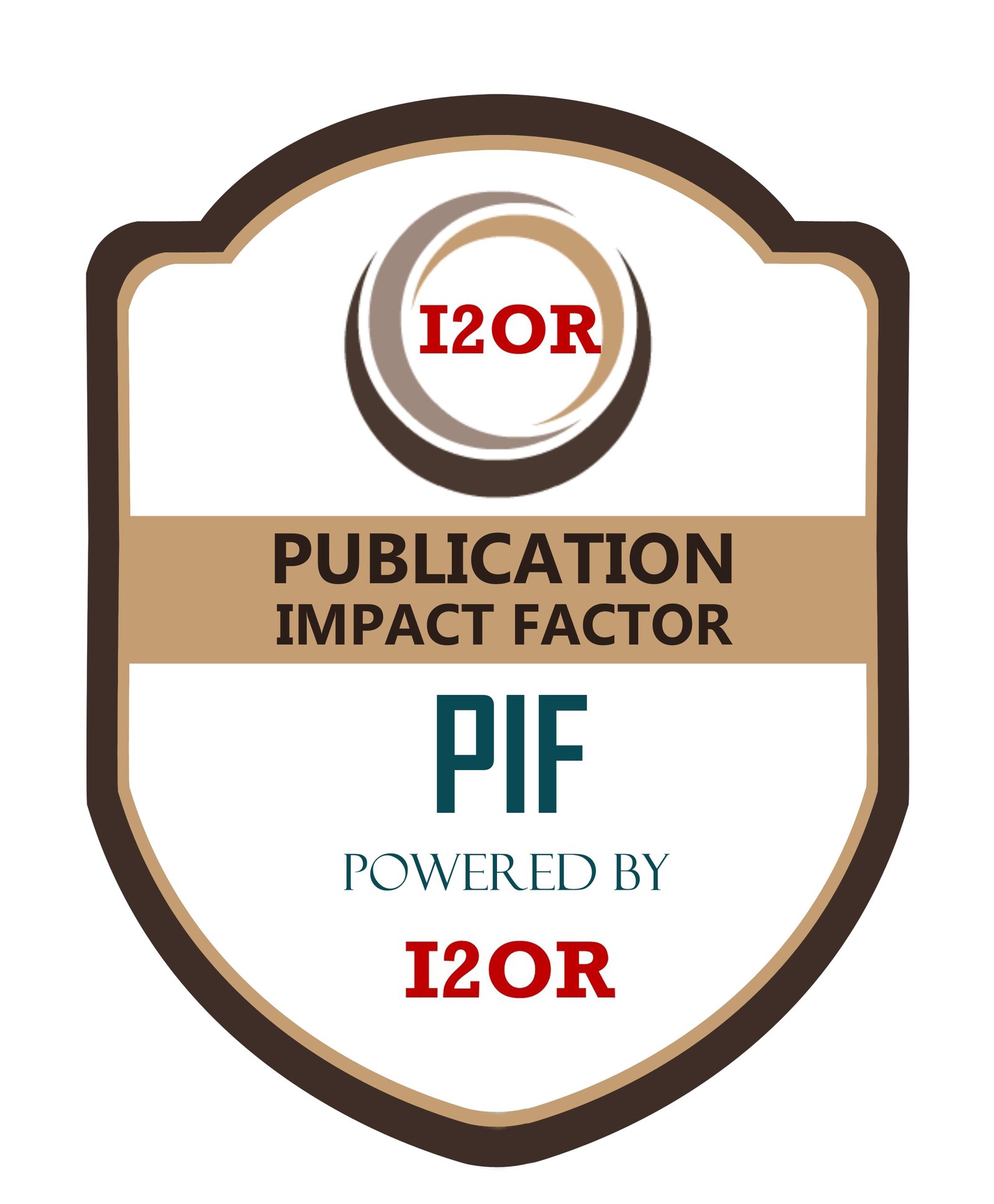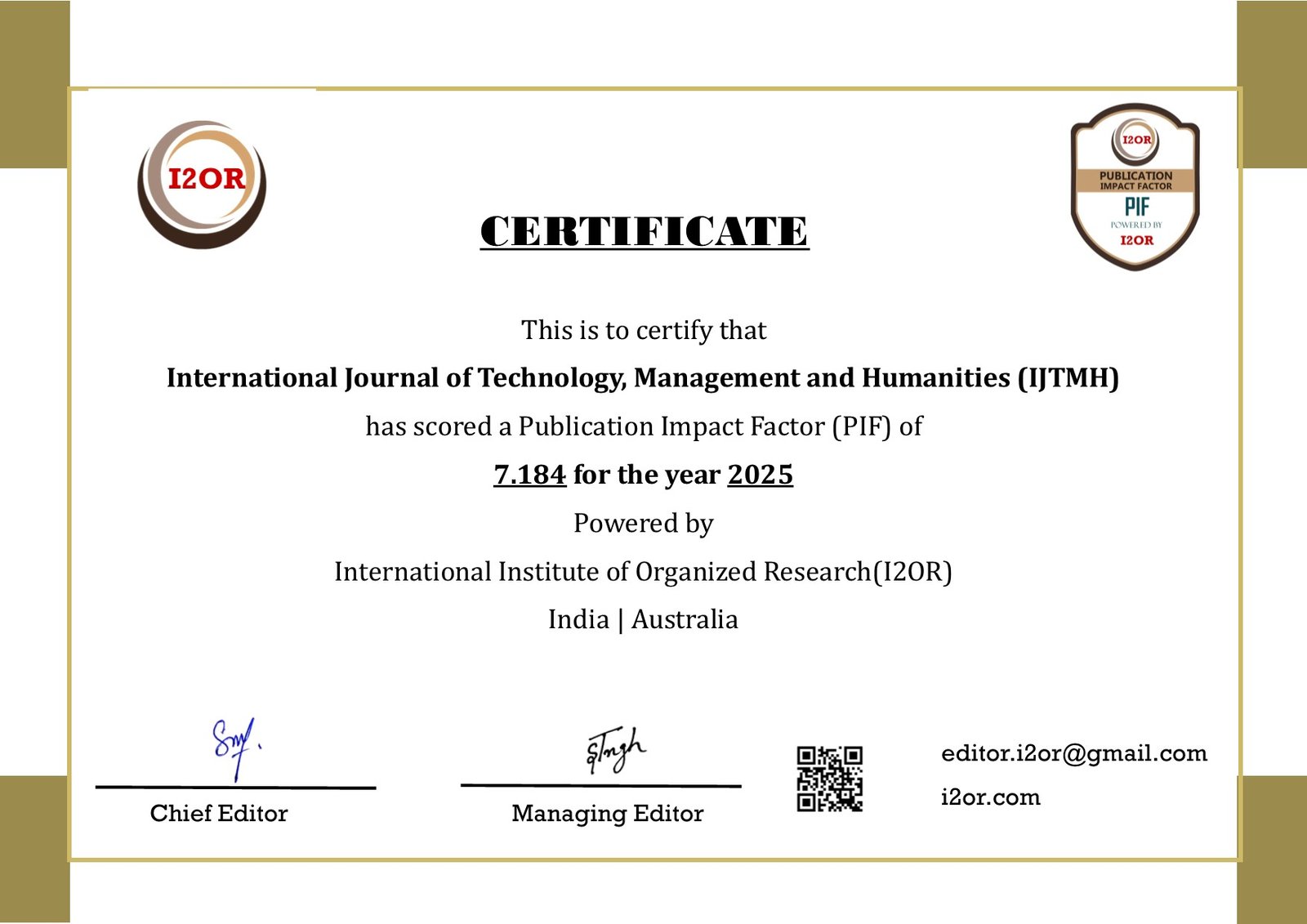A Survey on Blockchain-Enabled ERP Systems for Secure Supply Chain Processes and Cloud Integration
DOI:
https://doi.org/10.21590/ijtmh.2024100209Keywords:
Blockchain, Enterprise Resource Planning (ERP), Cloud Integration, Supply Chain Management, Smart Contracts, Digital Transformation.Abstract
Modern businesses are significantly reliant on integrated technologies to enhance the performance of their supply chains, operational efficiency, and decision-making capabilities. To manage client relationships, finances, inventory, procurement, and other tasks, businesses require Enterprise Resource Planning (ERP) systems. But in complicated and dispersed supply chains, typical ERP systems struggle with transparency, security, and scalability. A new answer has arisen: blockchain technology. It provides immutability, decentralization, and safe data interchange. Smart contracts built on the blockchain enable automated processes, enforce compliance, and foster improved confidence among stakeholders. Cloud computing has revolutionized ERP implementation with its scalable, affordable, and real-time accessible solutions. However, it does come with some new integration and security problems. The convergence of blockchain, cloud computing, and ERP systems provides a framework for secure, transparent, and adaptable supply chain processes, enhancing procurement, logistics, financial management, and cross-organizational collaboration. This paper presents a systematic survey of blockchain-enabled ERP systems, examining technology foundations, integration architectures, application domains, and critical challenges such as interoperability, scalability, and user adoption. By synthesizing recent literature, this study highlights research gaps, offers insights into practical implementation, and identifies opportunities for future research, including the integration of AI and IoT to further enhance automation, predictive analytics, and trust in supply chain ecosystems.







